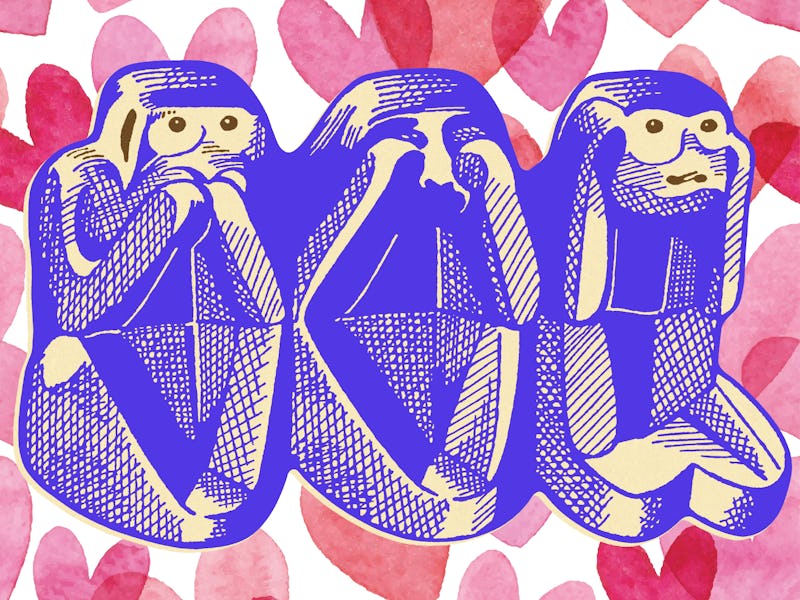Science confirms: Moms meddle in their children's love lives
Bonobo males are better off if their mom wants them to get it on -- chimps aren't so lucky.

In the forest of the Democratic Republic of the Congo, scientists noticed something odd happening among wild bonobos. Females were behaving like males during competition over other females — aggressively getting in the way of some copulations.
When the scientists analyzed the bonobos’ genes, the results, reported in May 2019, led to even more questions: The fussing female bonobos turned out to be the adult males’ mothers.
This is #11 on Inverse’s 20 most incredible stories about our planet from 2019.
Martin Surbeck, study author and research group leader at the Max Planck Institute for Evolutionary Anthropology, explained to Inverse at the time that further observations revealed that the mothers were actually helping out their sons in active and passive ways.
Bonobo moms want to help out their sons.
Aside from the fighting, the moms sometimes physically pulled their sons into close spatial proximity with females in heat, taking helicopter parenting to a whole new level. In a more subtle move, those bonobo moms with high social rankings lent their clout to their sons, allowing them better mating opportunities. Bonobos live in matriarchal societies, so an endorsement from mom can mean a lot.
The meddling appears to pay off. Male bonobos who lived in close proximity to their moms were approximately 3 times more likely to sire offspring than males who did not. Moms may want to make sure their sons get out there in order to ensure that their genetic line continues, the researchers theorize.
But what works for bonobos doesn’t work for all primates. While the effectiveness of human mother matchmakers is still up for debate, the team also evaluated how helpful chimpanzee moms were at getting their sons laid. They found that though chimp moms did want to meddle just as much as the bonobo moms, they should probably stay out of romance: The sons of match-making chimp moms were 1.26 times less likely to sire offspring than the sons of more hands-off mothers.
As 2019 draws to a close, Inverse is revisiting the year’s 20 most incredible stories about our planet. Some are gross, some are fascinating, and others are truly incredible. This has been #11. Read the original article here.